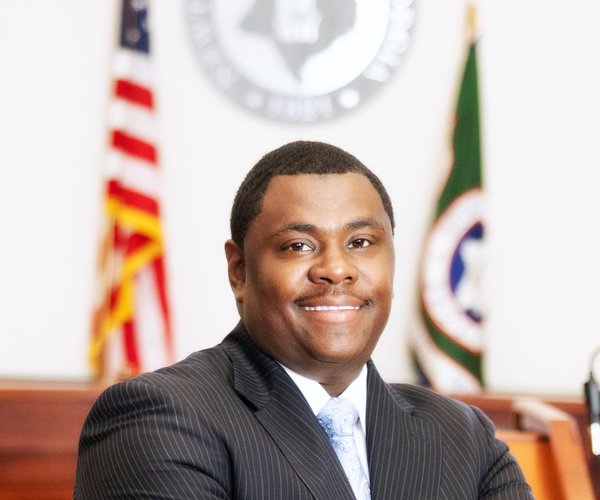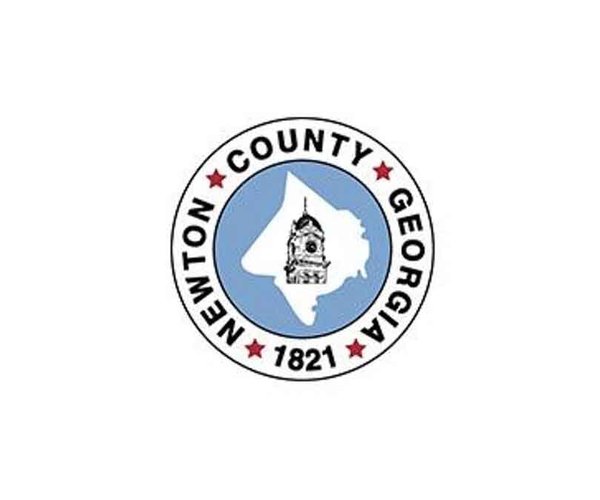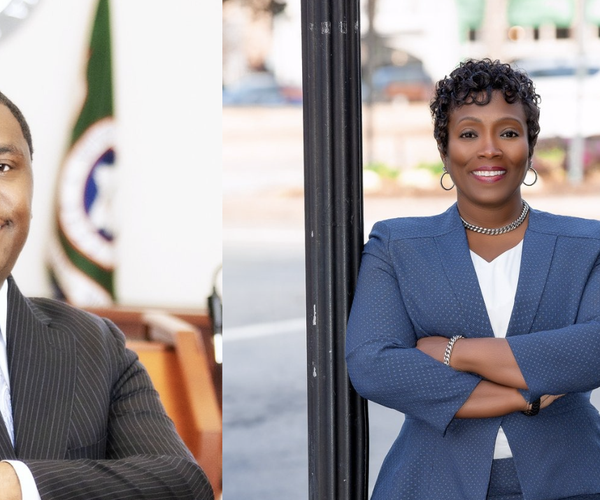COVINGTON, Ga. — The death of Martin Luther King Jr. drew mourners to a special service in Oxford, while local students had their band trip cut short due to unrest in the nation’s capital.
The first edition of The Covington News published after King’s April 4, 1968, assassination didn’t come out until a week had passed.
Newton County High School’s band was on a trip to Washington, D.C., to march at the National Cherry Blossom Festival at the time of King’s death.
The Blue Rambler Band had been scheduled to march in the parade, two days after King’s death in Memphis, Tennessee, but rioting in Washington forced the cancellation of the event. The civil unrest even delayed the band’s return to the hotel after a day of sightseeing on April 5.
Allen Memorial Methodist Church in Oxford was host to a King memorial service on the afternoon of April 7. The Rev. John B. Tate, pastor of Allen Memorial, presided.
“It is now, then, that he must depend on the people he lived and died for to honor his life by living its lesson and not forsaking him for the violent men he fought. That is the great memorial Dr. Martin Luther King Jr. wanted his people to accomplish. Let him not have lived in vain,” one of the speakers at the service said in remarks reported by the newspaper.
Gov. Lester Maddox visited Newton County High School the day after King’s death, and if the civil rights leader’s assassination was mentioned, The News didn’t report it. Instead, Maddox sounded like many modern-day politicians by taking a shot at the news media.
“If I believed all the things they said about me, I would have voted for the opposition too,” he said. Maddox went on to defend his hiring record against allegations of “cronyism.”
Newton student Mary Hazel Polk, of Newborn, introduced Maddox. Her father, Georgia State Patrol Capt. Steve Polk, was a member of the governor’s security detail.
David Henderson was the student body president at Newton in the spring of 1968.
Maddox didn’t attend King’s funeral on April 9 in Atlanta and refused allowing King to lie in honor at the state Capitol.
The paper’s owners didn’t editorialize about the Atlanta civil rights icon’s death, but in an editorial column, Leo S. Mallard noted, “Americans were shocked and ashamed” by what happened in Memphis a week earlier.
Mallard was the assistant to Publisher Mabel Sessions Dennis.
“An advocate of nonviolence, Dr. King was loved by his followers and hated by many people who protested the Negro fight for equality,” Mallard wrote. “He spoke out boldly in a peaceful manner that demanded action and pricked the conscience of the American people.”




